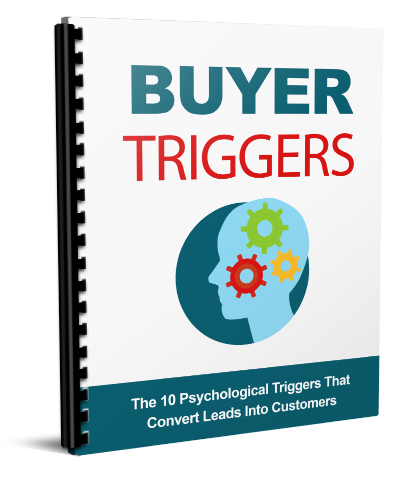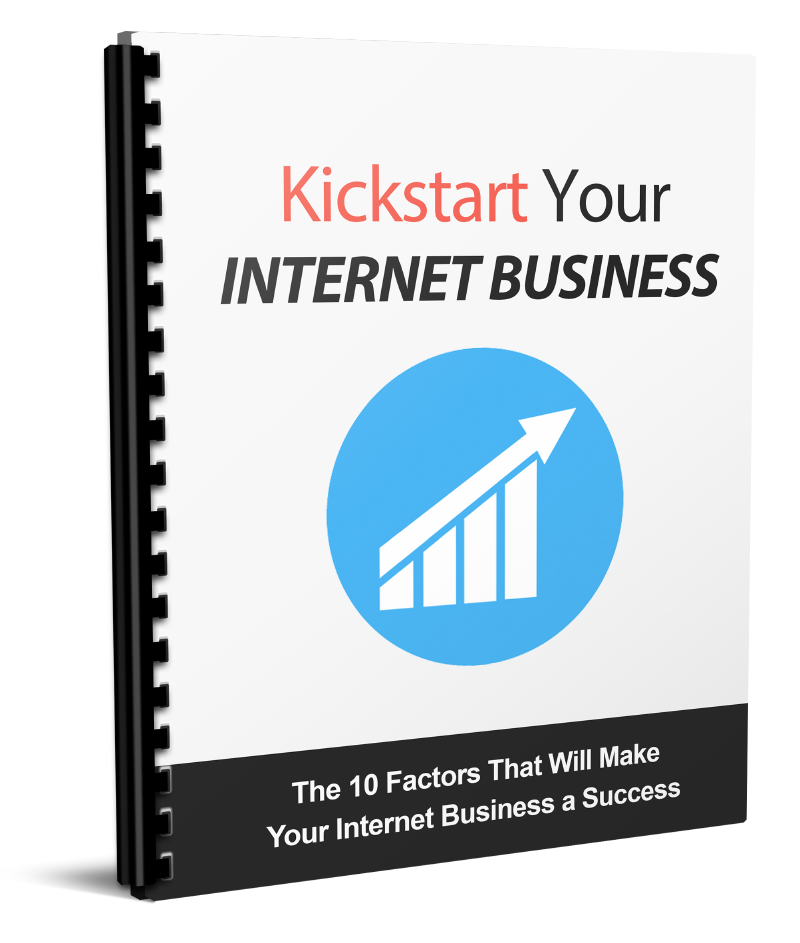One of the most important decisions you can make is whether to pursue a B2B or B2C business model. The whole way you do business can be different, including the various processes, software, and structure you might need within your company.
What does B2B and B2C mean?
But… What do these two terms mean? Are they part of some secret code used only by established entrepreneurs? How do you tell them apart? Why would you choose one over the other? There are so many questions!
Don’t worry, we’ve got you covered. Let’s take a look at both B2B and B2C business models, including the definition, differences, and examples, so you know which best fits your products and services, or your overall plans and goals.
The Definitions and Examples
| B2B (Business to Business) | B2C (Business to Consumer) |
| This type of company doesn’t sell directly to customers, but rather to other businesses | In this model, the company sells directly to the person who is going to use the product or service for their own purpose |
Now, you might be wondering how a business can be a customer but not a consumer. They are, and yet they aren’t. Let’s look at an example.
Let’s say you have been processing and dying your own sheep’s wool into yarn for several years, and you’ve gotten pretty good at making a variety of clothing from this yarn. You have quite a bit of stock that you haven’t sold or gifted, so you’d like to make a business of it.

B2B
In the B2B model, you look for businesses that can distribute your products. You might choose to contact local gift shops, craft supply stores, boutiques, and clothing stores to see if they would like to carry your sweaters, socks, and scarves.
The shop, store, or boutique will buy your products from you, then sell them to their customers, generally at a higher price. You have to make the products and find a business to purchase them. They do all the packaging, marketing, selling, and shipping, but they also get to sell your products at a higher price, which can mean greater profit for them.
B2C
If you were to go the B2C route, you would find a way to sell directly to customers. You might email all of your friends at first. Perhaps you set up a booth at a craft fair or farmer’s market.
Eventually, you might decide to start a website so folks can order your clothing to be shipped far and wide. You’re responsible for making, marketing (check this idea), packaging, shipping, and selling, but you get all the income, too.
The Differences
Neither B2B nor B2C businesses are inherently better than the other, though some enterprises may lend themselves to one model more than another.
For example, if you only have a few sheep, and you make perhaps a dozen items each year, you might want to keep things small. Perhaps even an Etsy shop would have more traffic than you need: you might enjoy showing up at craft fairs once in a while to sell your wares.
But if you’ve been knitting like mad during the Covid health crisis, and your house is being overtaken by a seemingly endless mountain of socks, sweaters, and scarves, perhaps the time has come to look into a B2B option to deal with the overflow.
In a B2B scenario, you will contract with a business to pack up a certain amount or type of product and ship it to them. In most cases, you’ll never see it or deal with it again, until the business asks you for a new supply or sends you payment based on your contract. They may pay you after so many days, after so many sales, or another type of agreement.
Much of the terms will depend on the volume of product changing hands. While the sheep’s wool business we’ve been using as an example is a very small-scale business, consider wholesale grocery stores, or huge department stores. All of the items sold inside those stores are purchased on a wholesale, B2B basis from the producer, then passed on by the grocery store or department stores.
Structure
If you are looking to start a large-scale B2B company, you’ll need to be structured to provide service for these large corporations. That means detailed shipping and production records, CRM and accounting software, and dashboards or ordering systems that allow major clients to place orders as they are needed.
While the small boutique might call to see if you have any socks available to sell soon, your giant box department store isn’t going to place a personal call or text you: they want access to supplies immediately. They want to click, invoice, and ship. All of the terms and conditions of your agreement will be outlined in an official contract, and you’ll conduct business through representatives, rather than talking to each individual who selects your product.
On the other hand, in a B2C model, you won’t need to pack up and ship out massive quantities of your product on a regular basis. While you might have an enthusiastic customer place a large order, you will rarely deal with a wholesale type of order, if ever. In fact, while some businesses provide the option to contact the owner if a wholesale order is preferred, they may not ever offer B2B arrangements.
Instead, B2C businesses will market directly to the consumer. That means creating a straightforward website with thorough descriptions, pricing for direct purchase (rather than wholesale discounting), and establishing shipping prices and practices that you communicate directly to the customer.
Instead of working with representatives from another business, you will be speaking with the consumers themselves. You’ll need to help them out when something doesn’t fit, arrives in poor condition, or gets lost in the mail.
In the B2C model, you’ll also need to hustle to sell things. While in the B2B model, selling isn’t part of your duties, you will need to market directly to customers if you choose the B2C route. This can mean establishing a social media presence, having great photos, thinking up keywords, building a website… all of these things are important if you plan to sell large quantities of your item or make a significant profit.
Which Model is Best Suited for You?
Again, neither option is better than the other, but the work involved is very different. Would you rather work with your customers one-on-one, or send a massive supply to your clients and let them deal with it from there? Do you want to deal with marketing, emails, and customer service, or are you more interested in establishing long-term contracts with high-ticket businesses?
In either case, the stakes are high, so consider your options fully before you commit!









